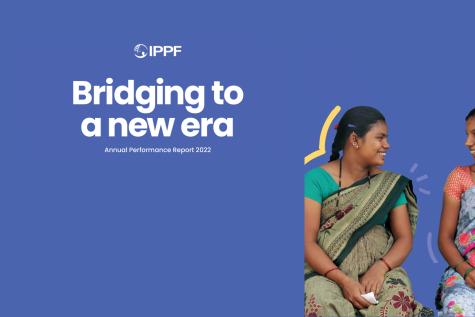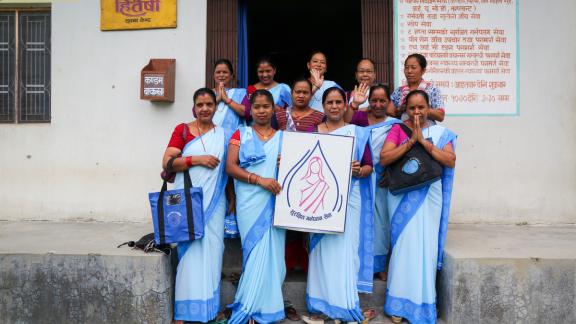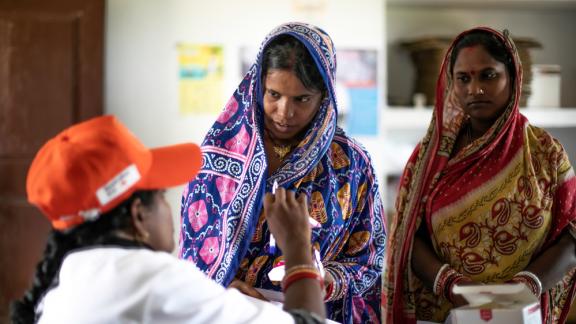Spotlight
A selection of resources from across the Federation

2022 Annual Performance Report
Bridging to a new era.
Filter our resources by:

| 29 June 2020
Enabling abortion services during Covid-19 in South Asia: Experiences from India and Pakistan
The unfolding COVID-19 crisis has restricted access to contraception and safe abortion services, with the poorest and most marginalised women and girls being the worst affected. It is important that women continue to have access to safe abortion services during the COVID-19 pandemic. Whether they can access them safely and with dignity depends upon every one of us to rise to the challenge to provide them. During this challenging time, IPPF Member Associations are responding and adapting to this evolving situation and are committed to delivering the services to the women. In order to capture the innovative approaches implemented by Member Associations (MAs) for safe abortion services amid COVID19, interviews were conducted with two MAs from South Asia – Family planning association of India (FPAI) & Rahnuma -Family Planning Association of Pakistan (R-FPAP), on range of topics including Telemedicine, Abortion consultations and Post abortion contraceptive. IPPF team have collated questions and answers (Q&As) which can serve as a practical guidance for those working on Sexual and Reproductive Health and Rights.
| 06 January 2017
Sexual and reproductive health programme in crisis and post-crisis situations
Saving lives is the core of the SPRINT Initiative (Sexual and reproductive health PRogramme IN crisis and post-crisis siTuations) The initiative was designed to address gaps in the implementation of the Minimum Initial Service Package (MISP) an international standard of care for Reproductive Health which is a set of priority activities to be implemented at the onset of an emergency. The SPRINT Initiative provides one of the most important aspects of humanitarian assistance that is often forgotten when disaster and conflicts strike. IPPF-SPRINT ensures access to essential lifesaving SRH services for women, men and children in times of crises, a time when services are most needed yet are not prioritised or recognised by key humanitarian responders, IPPF-SPRINT delivers practical solutions for girls and women, trains humanitarian workers to deal with pregnancy, childbirth, reproductive health and the aftermath of rape and violence.









